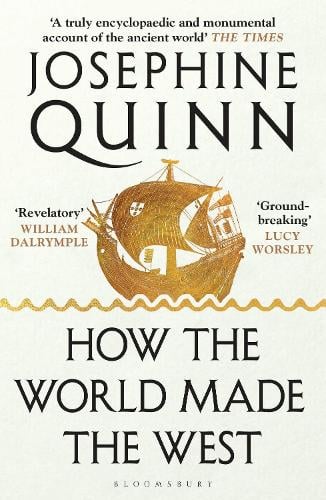The book is described as an ambitious and fast-moving history that decenters Greece and Rome, focusing instead on a variety of other cultures and languages.
James Uden highlights the ambitious scope of this book, which moves quickly through a vast amount of historical ground. He appreciates how the author decenters Greece and Rome, instead highlighting the contributions of other cultures and languages. This approach provides a fresh perspective on the development of Western civilization. Uden also notes that the book's fast pace might be overwhelming for some readers, but overall, it's a valuable contribution to the field of history.
Quick quotes
An ambitious, fast-moving history of the premodern world that deliberately decentres Greece and Rome and sheds light on an array of other peoples and languages.
Quinn's book is a timely reminder of the interconnectedness of human history.
The book's fast pace might be overwhelming for some readers.
